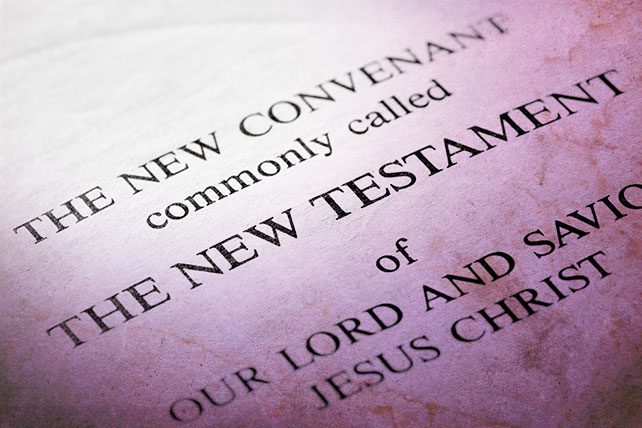The concept of the “new covenant” stands as a cornerstone within Christian theology, echoing the profound promises made by God throughout the Bible, particularly highlighted in Jeremiah 31:31-34 and reiterated in Hebrews 7:22. This divine commitment signifies a transformative shift from the Old Covenant, based on laws and sacrifices, to a new, grace-filled relationship between God and His people. It promises redemption, forgiveness, and a renewed fellowship with the Creator.
This blog aims to delve into the biblical foundation, promises, and transformative power of the new covenant, offering insights into its significance for believers worldwide.
What is the New Covenant According to the Bible?
The New Covenant, as described in the scriptures, represents God’s enduring promise of forgiveness and reconciliation. Jeremiah 31:31-34 foretells a time when God would establish a new relationship with the house of Israel and Judah, not based on stone tablets but written on their hearts.
Hebrews 7:22 echoes this by presenting Jesus Christ as the guarantor of a better covenant, superseding the old laws with His sacrifice. This covenant is not confined to a set of rules but is a living, breathing testament to God’s mercy and love, enabling a direct, heart-to-heart connection with Him.
The Promises of the New Covenant
Central to the new covenant are promises that redefine the relationship between God and man. Firstly, it offers the complete forgiveness of sins, allowing believers to start anew, unburdened by past transgressions.
Secondly, it assures a personal and intimate relationship with God; He vows to be our God, and we, His people, understanding Him directly and intimately.
RELATED: Old Covenant Signs in Redemptive History
Lastly, this covenant provides an inner transformation, with laws written on hearts, guiding lives from within. These promises collectively underscore a shift from external adherence to internal change and devotion.
Differences Between the Old and New Covenants
The Old and New Covenants represent two distinct approaches to God’s relationship with humanity. The Old Covenant, established with Moses, was based on obedience to the Law, requiring continuous sacrifices and rituals to atone for sin.

